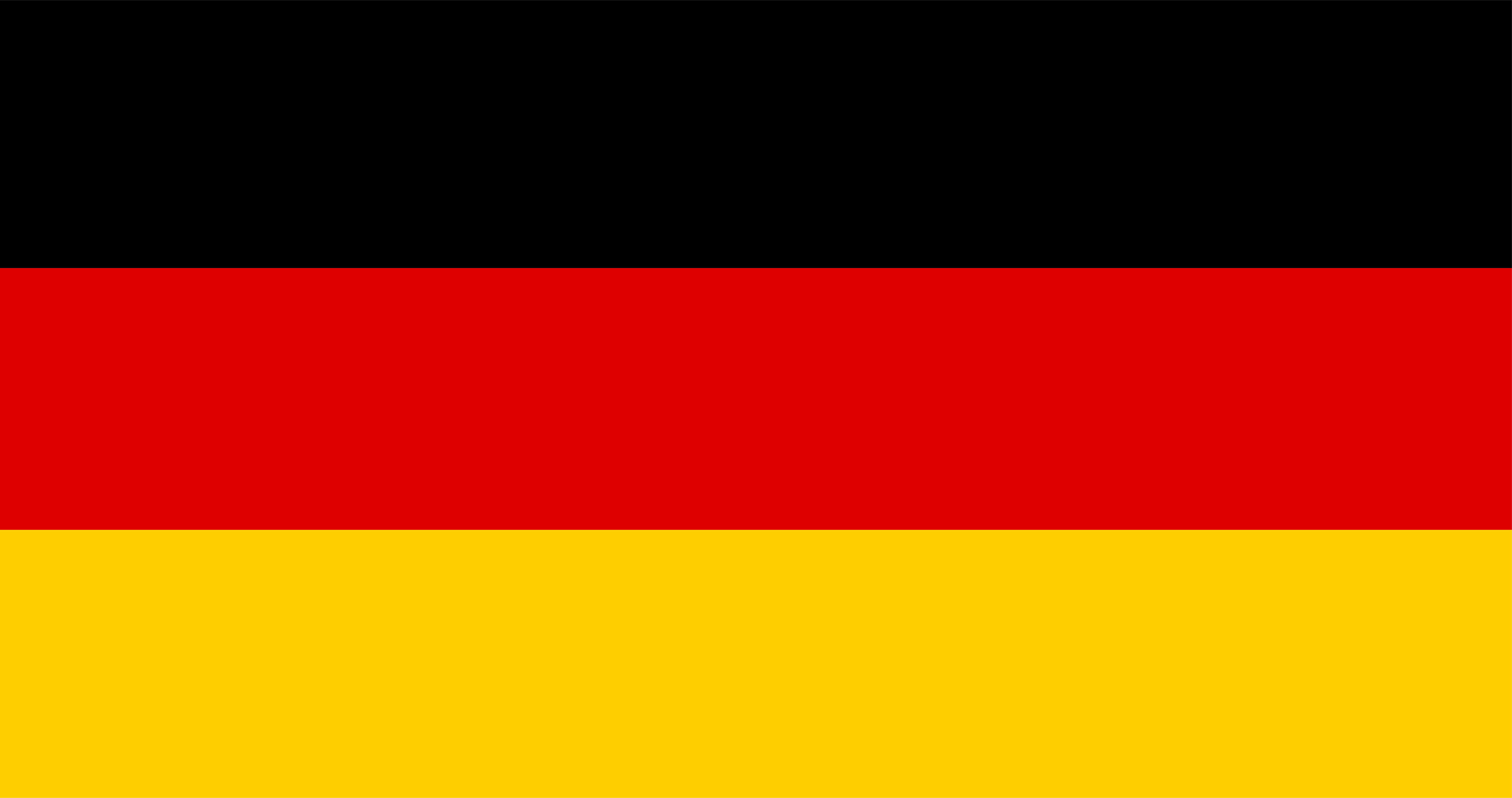The roots of viticulture in Malterdingen stretch back over seven centuries, when Cistercian monks introduced Pinot Noir vines to the region in the 13th century. Their estate was located in the area known as “Mönchhofmatten,” precisely where the Huber winery stands today. Although the region nurtured a centuries-old winemaking tradition, the independent history of the Bernhard Huber estate began only in the late 1980s, when Bernhard, together with his wife Barbara, left the local cooperative and, in 1987, launched his own direct wine production and marketing.
Under Bernhard Huber’s leadership, the estate quickly became one of Germany’s most highly regarded Pinot Noir producers. At first only a small portion of the vineyards was marketed independently, but between 2000 and 2008 the vineyard area doubled within just a few years, reaching around 26–28 hectares, including prestigious sites such as Schlossberg, Bienenberg, Sommerhalde, and Wildenstein. Huber shaped a style that was Francophile, dry, and terroir-driven: long macerations, full fermentations, aging on the lees, and up to 18 months of maturation in barriques defined his unmistakable signature.
His distinctive approach earned him broad recognition: he was named “Winemaker of the Year 2008” by Gault-Millau, “Winery of the Year 2011” by Schlemmer-Atlas, and in 2021 his Pinot Noir “R Wildenstein Réserve” was acclaimed as the best German wine in the country’s Top-10 selection.
When Bernhard passed away in June 2014, an era came to an end. Yet the winery remained in the family: his wife Barbara and his son Julian took over the helm. Julian had already completed a thorough winemaking education, both in Burgundy and with prestigious estates, and brought his own style and modern outlook to enrich his father’s legacy.
Under Julian’s direction, the winery continued to evolve, with an even sharper focus on quality, precision, and clarity. His Chardonnays sell out quickly and have set new benchmarks for German producers; the Pinot Noirs display remarkable aging potential and elegance. The goal is clear: less opulent fruit, more minerality and stylistic rigor, while maintaining depth and finesse.
Today the estate comprises about 28 hectares of vineyards, around 70 percent of which are planted with Pinot Noir. Chardonnay and other Burgundian varieties complete the portfolio. The vines extend across renowned sites such as Schlossberg, Sommerhalde, Bienenberg-Wildenstein, and Bienenberg. The soils, dominated by weathered shell limestone, play a decisive role in shaping the wines’ hallmark elegance and structure.
In an interview Julian summed up his philosophy: every winery has its own story and its own interpretation of its vineyards. For him, “Less is more” – with a focus on dry, terroir-driven wines, especially Pinot Noir and Chardonnay. In this way he combines tradition and innovation, guided by regional identity and an unwavering commitment to quality.





















